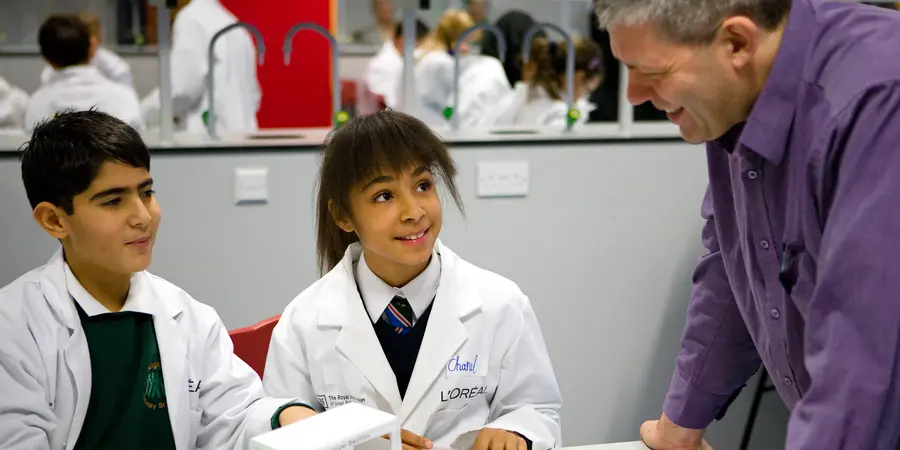“Physics isn’t something that girls tend to fancy…there’s a lot of hard maths”
Social mobility ‘tsar’ and headteacher Katharine Birbalsingh has provoked a strong reaction after saying that “Physics isn’t something that girls tend to fancy. They don’t want to do it. They don’t like it…There’s a lot of hard maths in there that they don’t want to do” at the House of Commons Science and Technology Select Committee on Diversity and Inclusion in STEM on 27 April.
Many maths and physics specialists criticised Birbalsingh’s remarks, pointing out that it’s the stereotypes that put girls off, not the maths. The Institute of Physics’ Dr Rachel Youngman described the comments as “very outdated, inaccurate” while Imperial College physicist and activist Dr Jess Wade said, “For far too long, opinions like Birbalsingh’s have made generations of innovative and talented young women believe they won’t be successful physicists and engineers”.
“When people with trusted opinions offer advice that is fuelled by their own biases and misconceptions, they limit young people’s aspirations. For far too long, opinions like Birbalsingh’s have made generations of innovative and talented young women believe they won’t be successful physicists and engineers.”
I have had the privilege of working alongside many talented and passionate teachers and informal educators in maths and science. On social media, their disappointment and frustration was clear to me. They have spent years challenging stereotypes about who does science. So much time and effort has gone into designing curriculum and enrichment experiences that showcase the range of people working in science and maths.
There is still much more to be done, of course. Data shows that women, disabled people and people from racially minoritised groups are still significantly under-represented in certain areas of science.
However, all the effort so far has helped many girls and young women feel welcomed and valued in science. Those women have the opportunity to connect with science throughout their lives, either in their work or study or simply as a citizen, making everyday decisions about health, nutrition, transport, etc. And the science and research sector will flourish thanks to a more diverse talent pool.

Birbalsingh’s comments remind us that all of us have a role to play in shaping and challenging the outdated stereotypes about who can do science. As a scientist, a teacher, a parent, a youth leader or even someone who just quite likes science, we can all help to banish the idea that girls just don’t like hard maths.
This blog was written by Director of the Ri Katherine Mathieson.
Our top picks for female-led mathematics and physics
-
Explore the marvelous world of mathematics in Hannah Fry’s 2019 Christmas Lectures
-
Physicist Suzie Sheehy explains how particle accelerators work, and how they are made
-
Eugenia Cheng shares how to think like a mathematician to understand fake news, politics, privilege, sexism and dozens of other real-world situations
-
Check out our most-watched science talks by female speakers
